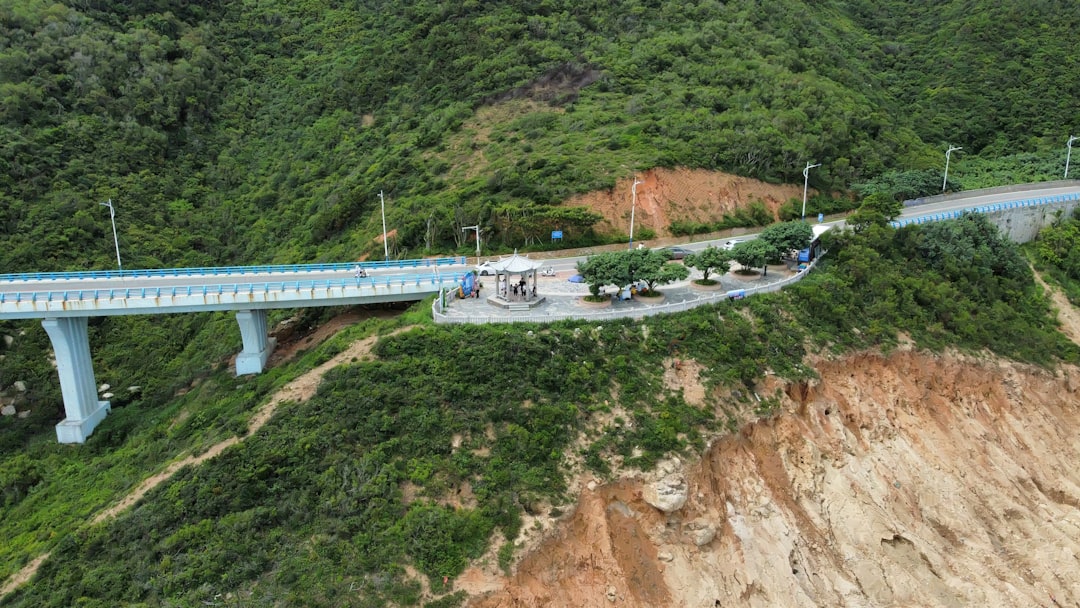A Supreme Court’s Moment of Humanity
In a rare and touching moment that went beyond legal arguments, the Supreme Court of India offered a profound touch of humanity to a grieving father. During a hearing on the tragic 2020 Air India Express crash in Kozhikode, the bench observed the relentless fight of a retired army colonel to clear his late son’s name. In a gentle but powerful observation, the court advised him, “You shouldn’t carry this burden on yourself.”
The words were for Colonel Vasant Sathe (retd.), the 86-year-old father of Captain Deepak Vasant Sathe, the pilot-in-command of the ill-fated Flight 1344. For over two years, Colonel Sathe has been on a valiant crusade, not just mourning his son but fighting to correct the official narrative that he believes unfairly blames him for the disaster.
The Tragic 2020 Kozhikode Air India Crash
The incident remains a deep scar on the nation’s memory. On August 7, 2020, an Air India Express flight, part of the Vande Bharat Mission bringing Indians home from Dubai, overshot the challenging tabletop runway at Kozhikode’s Calicut International Airport amid heavy rain. The aircraft plunged into a 35-foot gorge and broke apart, claiming 21 lives, including both Captain Sathe and his co-pilot, Captain Akhilesh Kumar.
Captain Sathe, a decorated former Indian Air Force Wing Commander and an accomplished test pilot, was initially hailed as a hero. Survivors and aviation experts believe his quick thinking to shut down the engines moments before impact prevented a fire, saving hundreds of lives.
A Father’s Crusade Against the Official Narrative
Despite initial praise, the final report by the Aircraft Accident Investigation Bureau (AAIB) concluded that the probable cause of the accident was “non-adherence to standard operating procedures by the pilot.”
This finding has been the source of Colonel Sathe’s immense pain and the driving force behind his legal battle. Refusing to let his son’s decorated legacy be tarnished, he petitioned the Supreme Court to challenge the AAIB report and seek an unbiased investigation. He has consistently argued that systemic failures—such as the airport’s infrastructure and the known risks of the tabletop runway in adverse weather—were not given adequate weight in the final report.
A Rare Moment of Judicial Empathy
It was during the hearing of this petition that the Supreme Court bench, led by the then Chief Justice N.V. Ramana, witnessed the elderly father’s unwavering determination. Seeing the immense weight of this struggle on a man who had already lost his son, the court’s observation came not as a legal directive but as a moment of sincere empathy.
The statement, “You shouldn’t carry this burden on yourself,” acknowledged the incredible personal toll this fight has taken on a father defending his child’s memory. While the legal process will follow its course, the judges saw the human being before them. This rare display of judicial compassion resonated deeply, reminding everyone that at the heart of every legal battle are human stories of loss, love, and the unyielding search for justice.




